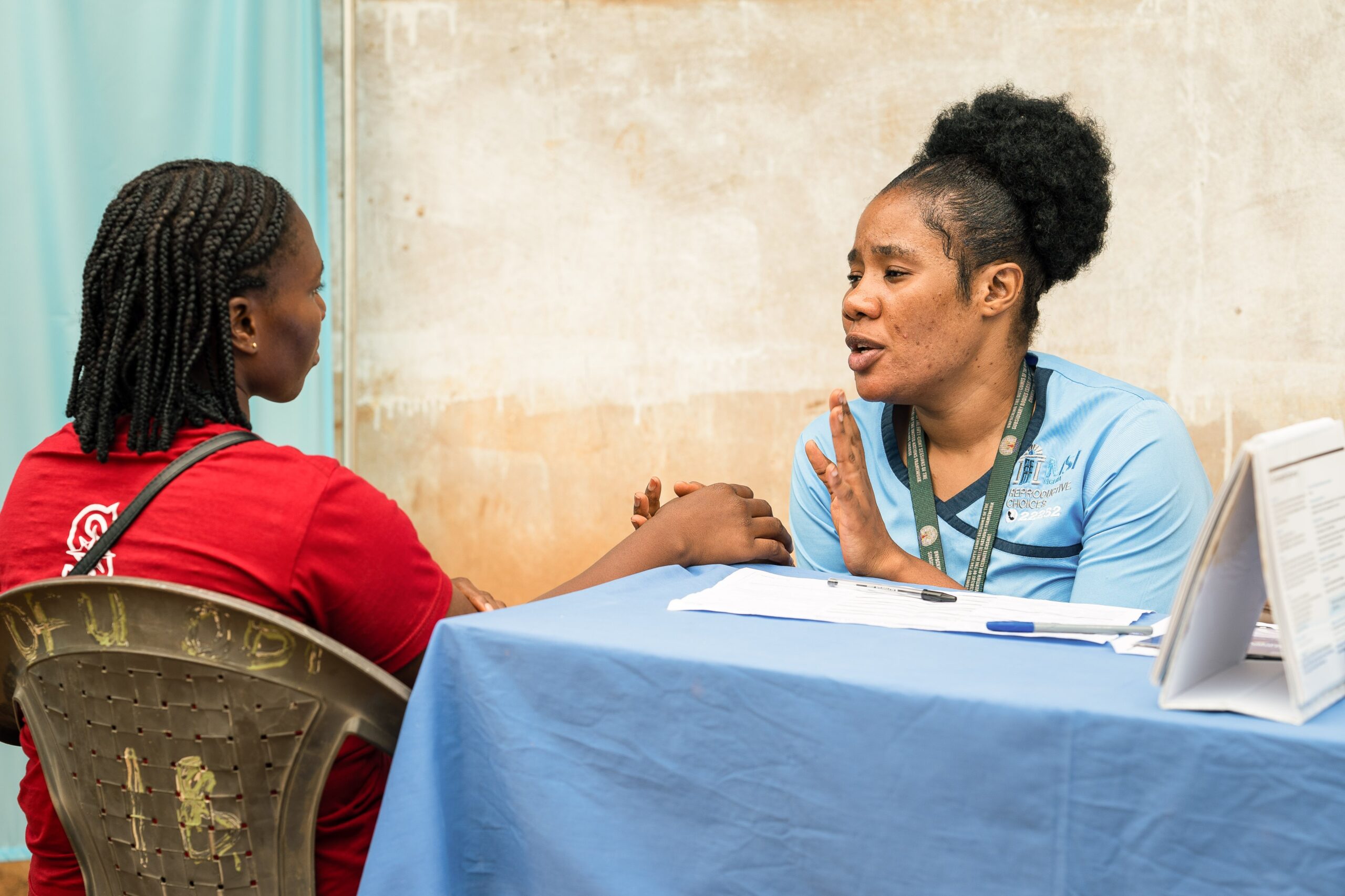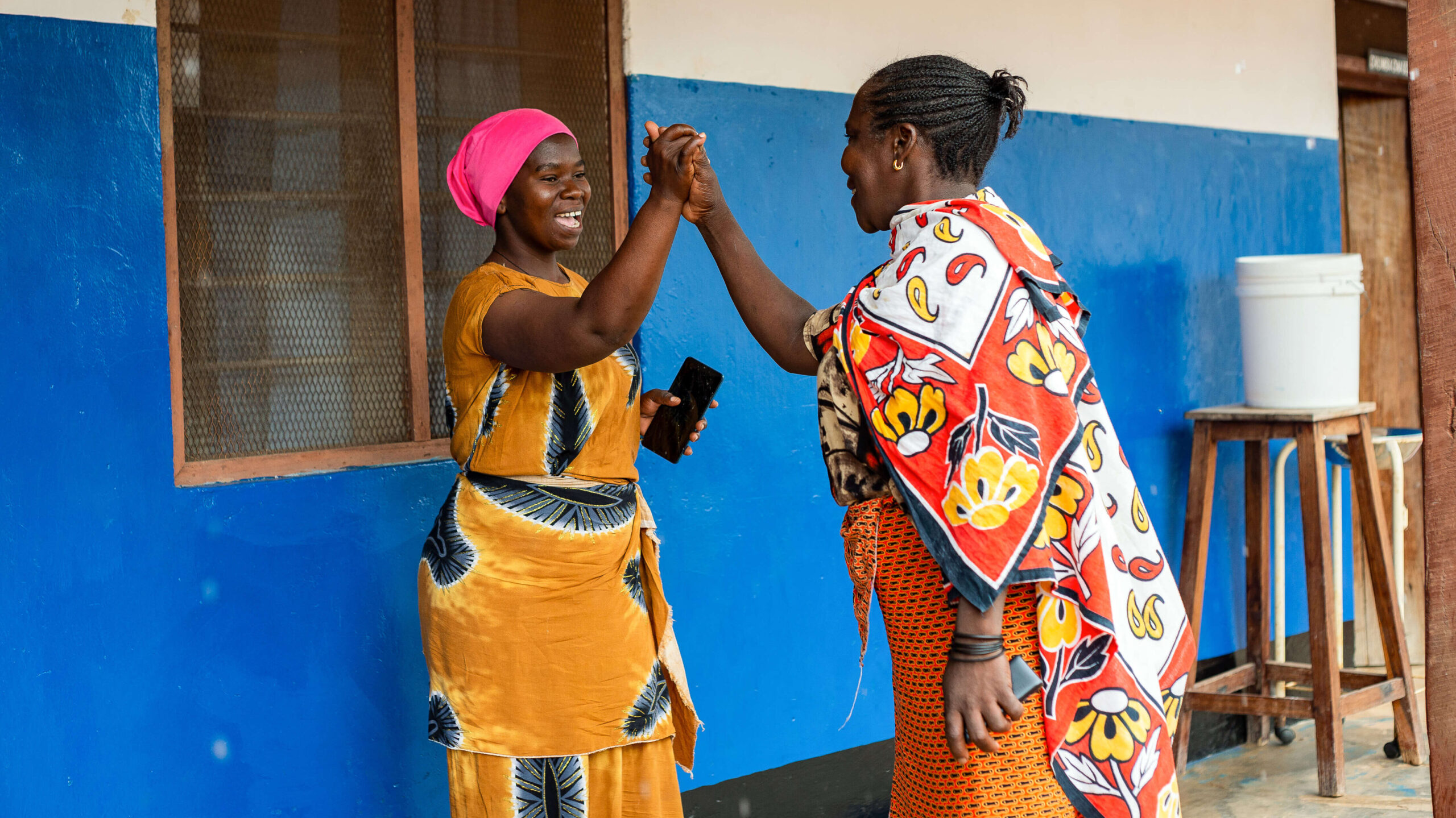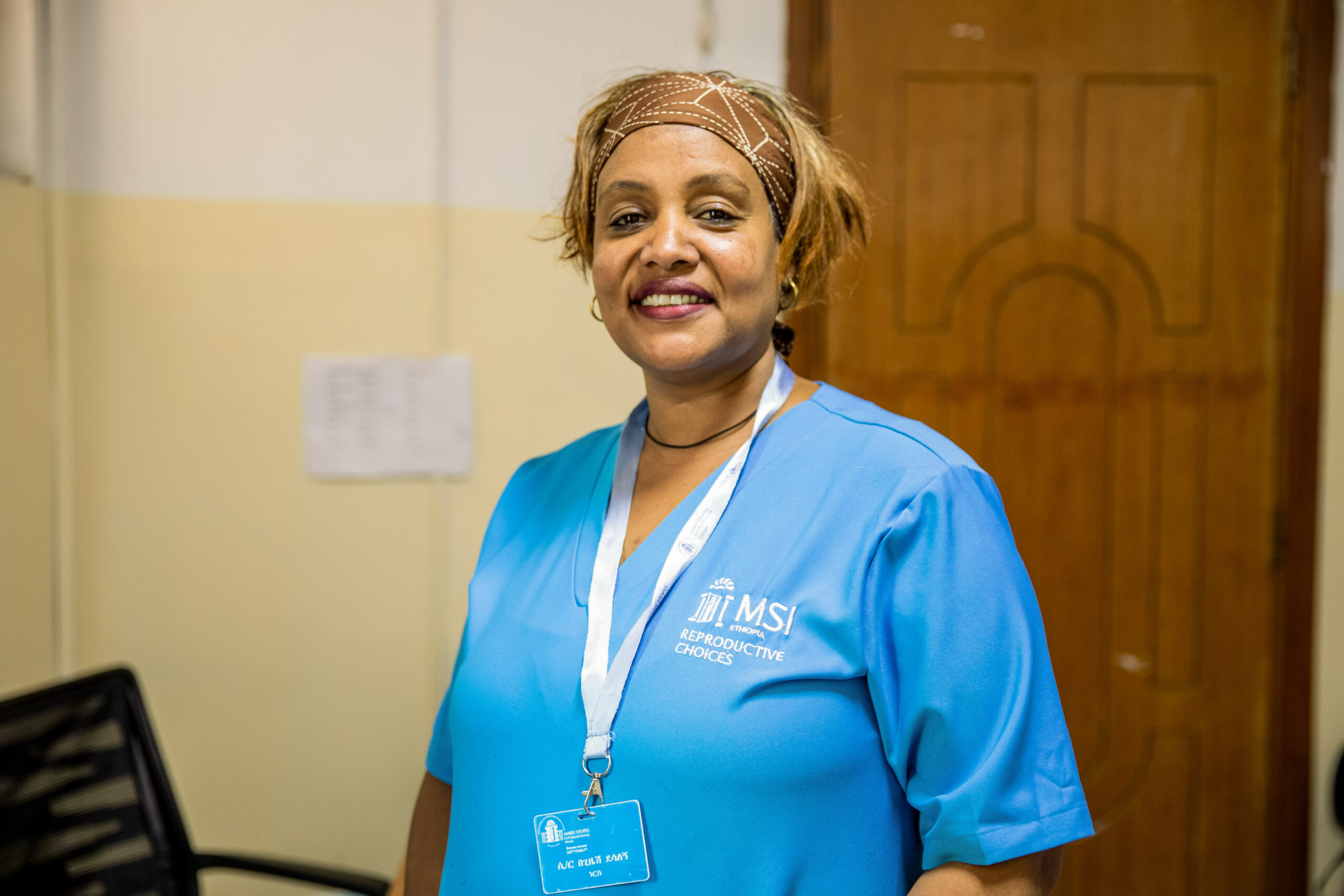2019 was another year of record impact for MSI with over 32 million women using a method of contraception provided by us.
Every day, our teams around the world see thousands of women. Our mission as MSI is to ensure every single one of them has the knowledge, power and access to build the life they want. In 2019 we went further than ever to provide high quality health services to women and girls. This year alone, 14 million women were seen by our teams and chose a contraceptive method to fit their individual needs. That is over 38,000 women – every single day – who can continue on their chosen path knowing they are being protected by a contraceptive method provided by us. What makes our 2019 progress particularly inspiring is that it comes despite the re-enactment of the US Global Gag Rule in 2017 and its expansion in 2019 removing US Government funding to overseas organisations which support a woman’s right to safe abortion, even those that don’t provide it. Despite the challenges faced, rather than retreating, our clients, providers and teams are showing resilience, resistance and a refusal to let this difficult funding environment be a barrier to access.
You can read about our 2019 global impact and stories from our clients and team members in the Global Impact Report 2019 available here.








